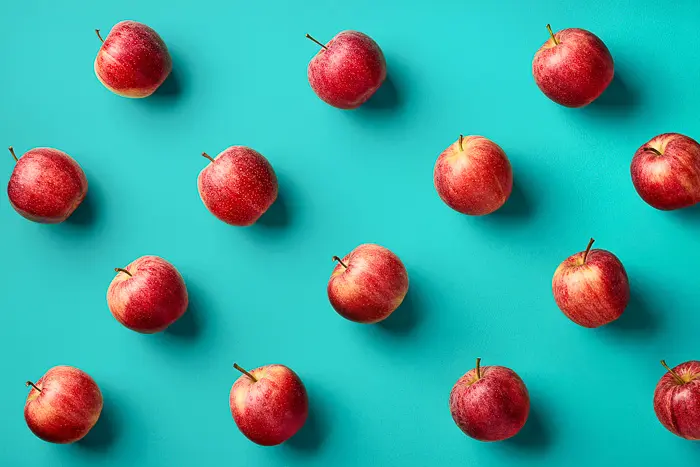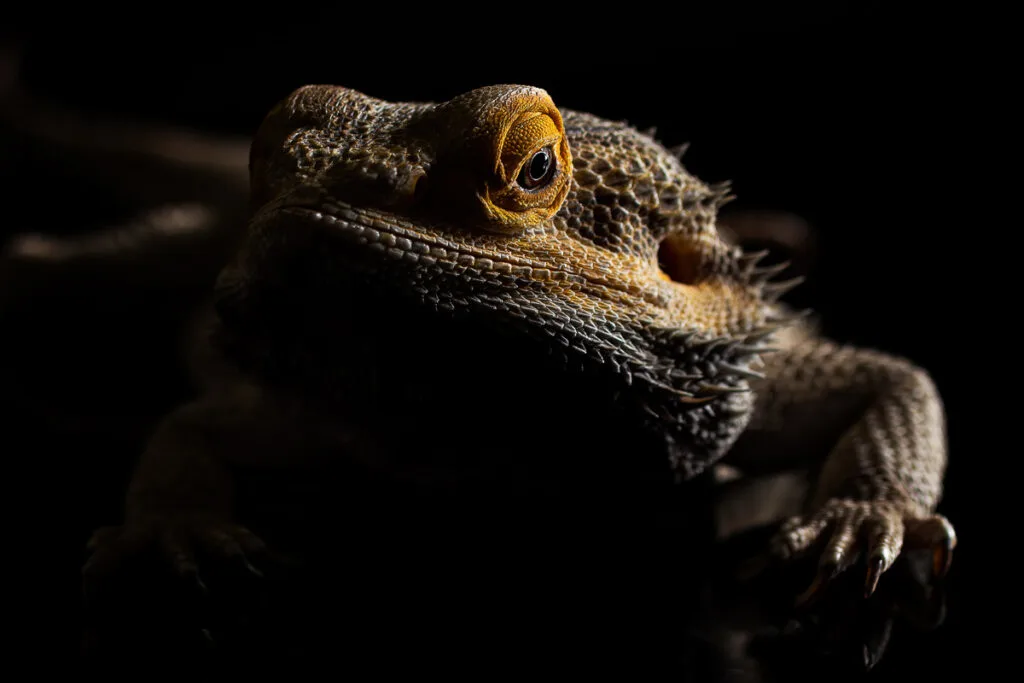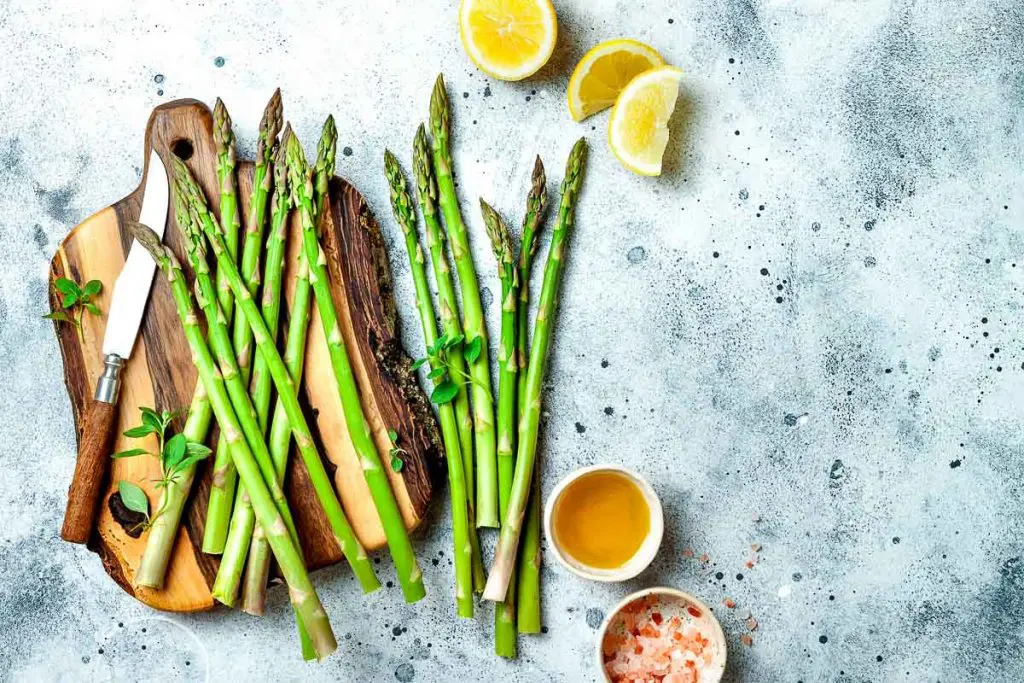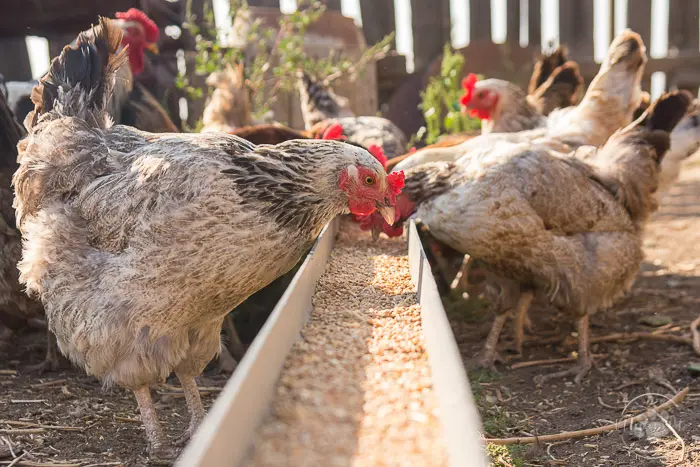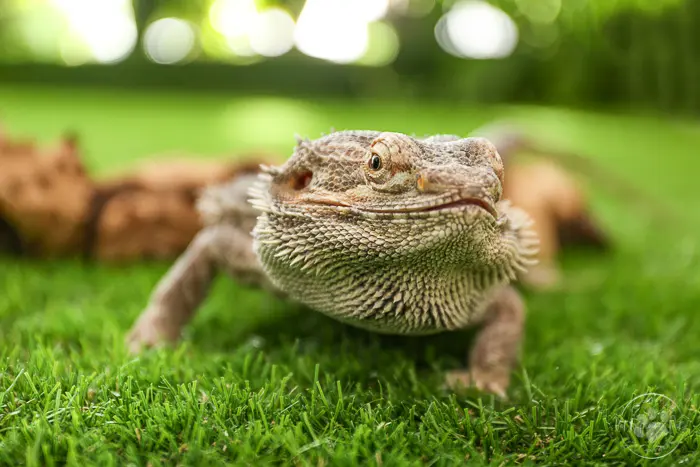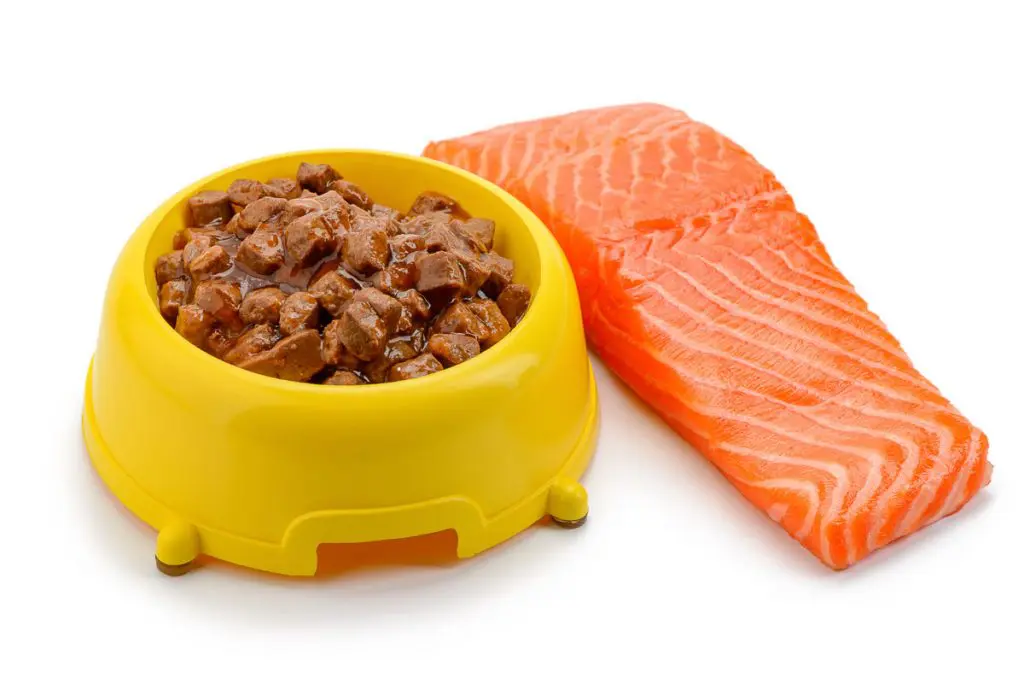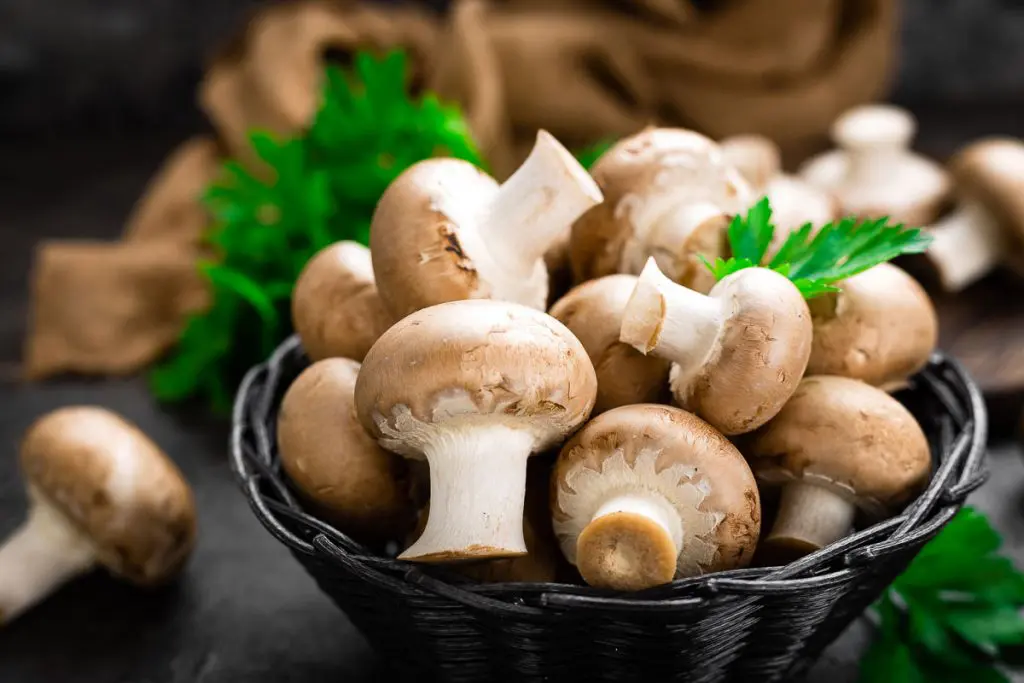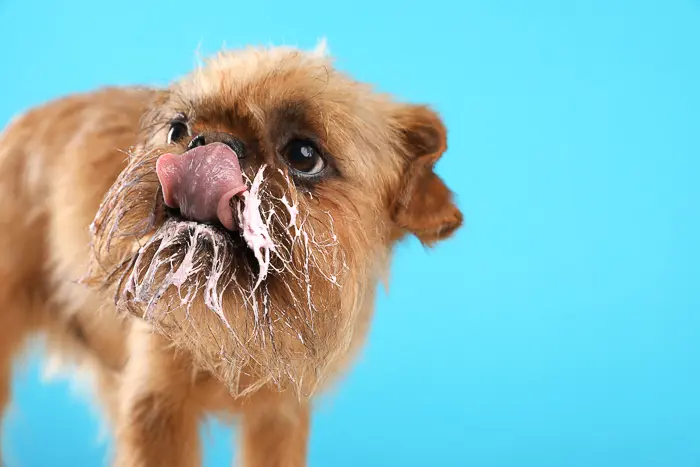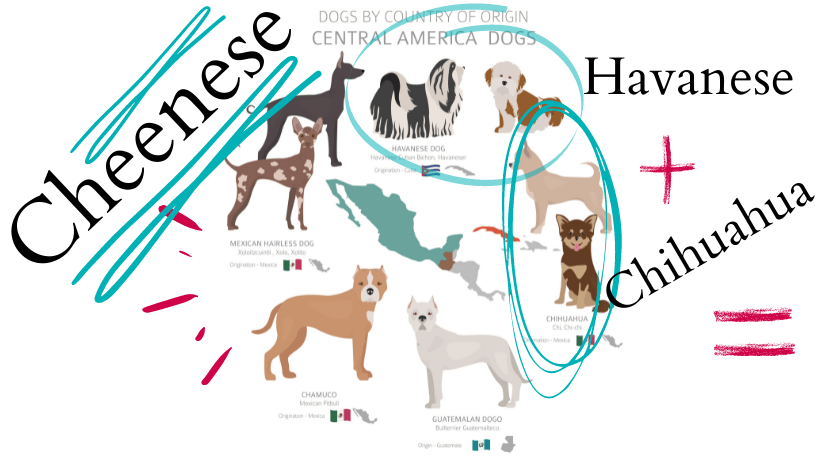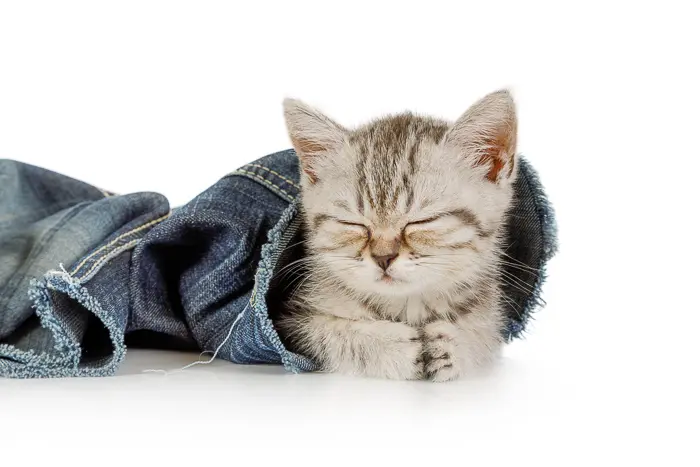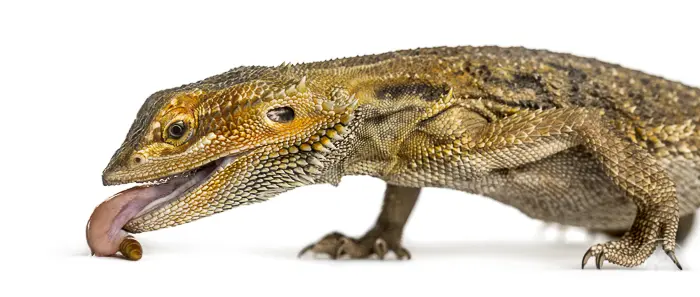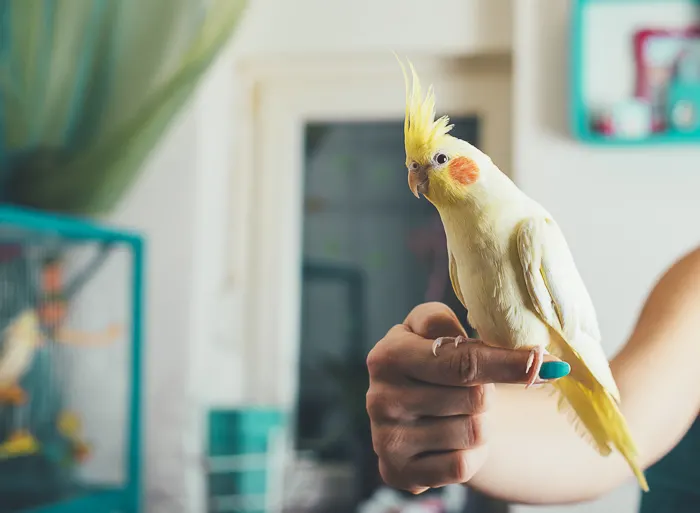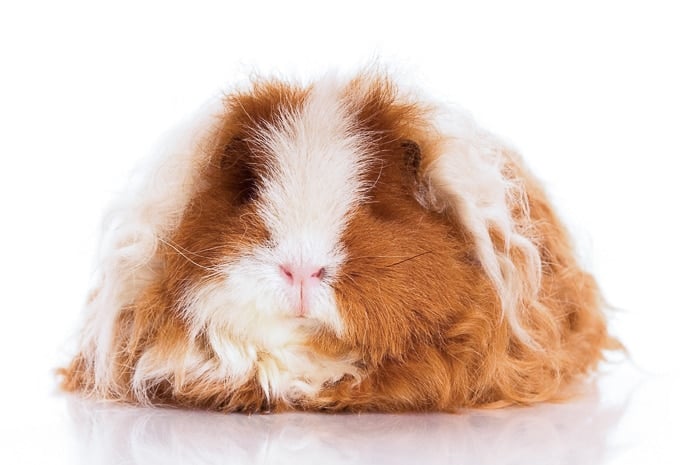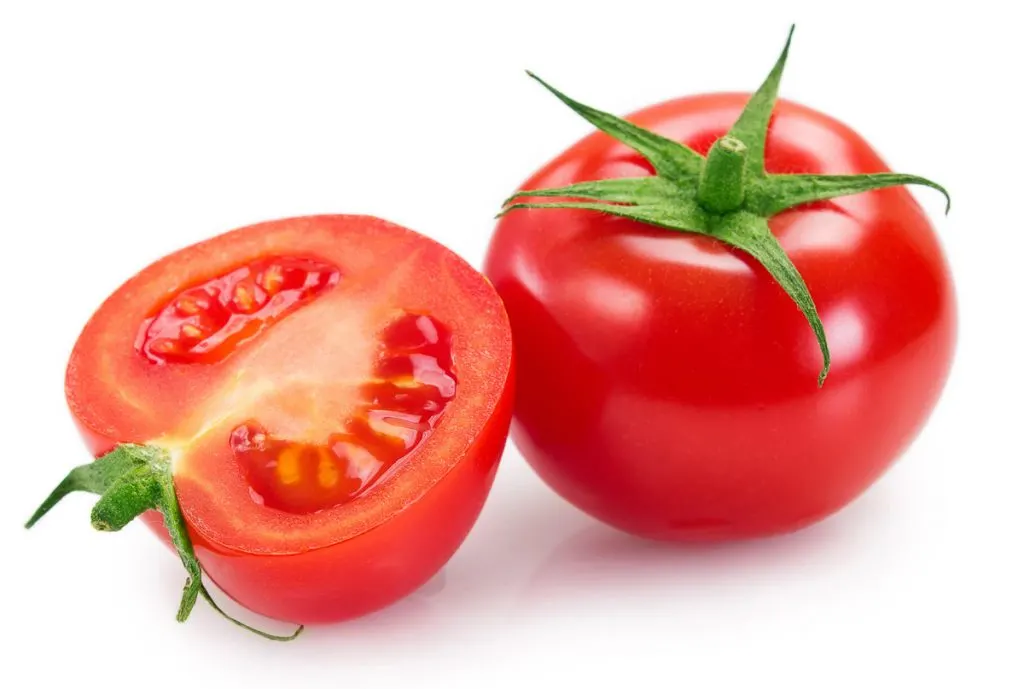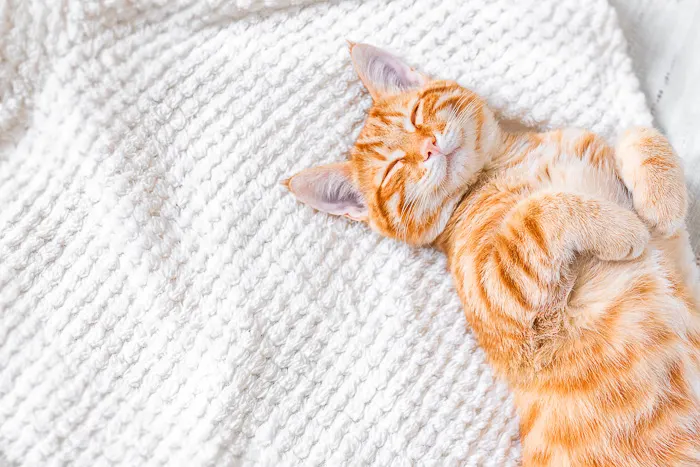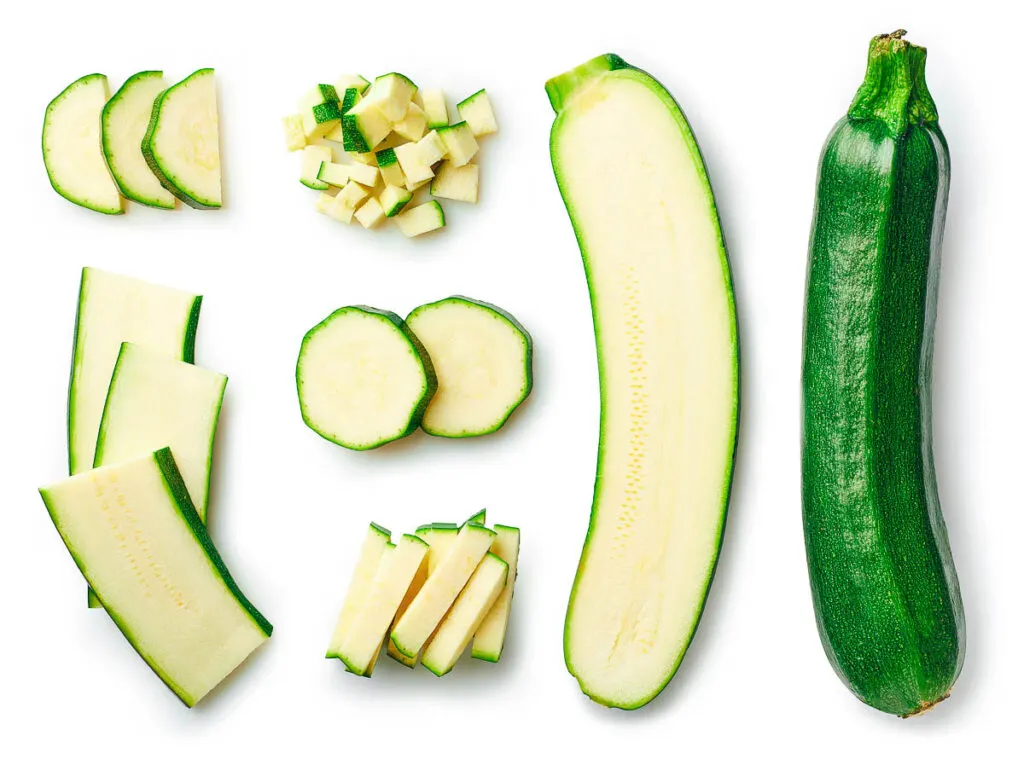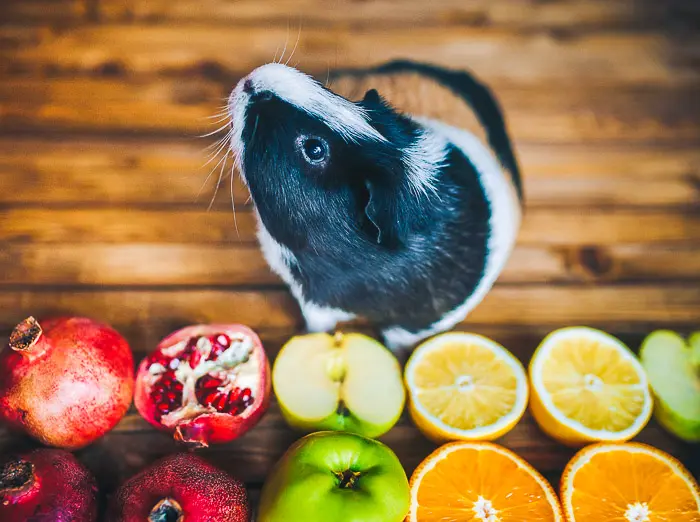Most rabbits LOVE their vegetable snacks and it's just so easy to give them a piece of whatever human food you are snacking on too. However, there are some foods that are safe for humans, but can be harmful to your pet bunny. One common food, blueberries, is often in question: Can rabbits eat blueberries safely?
Dr. Jess explains the answer below:
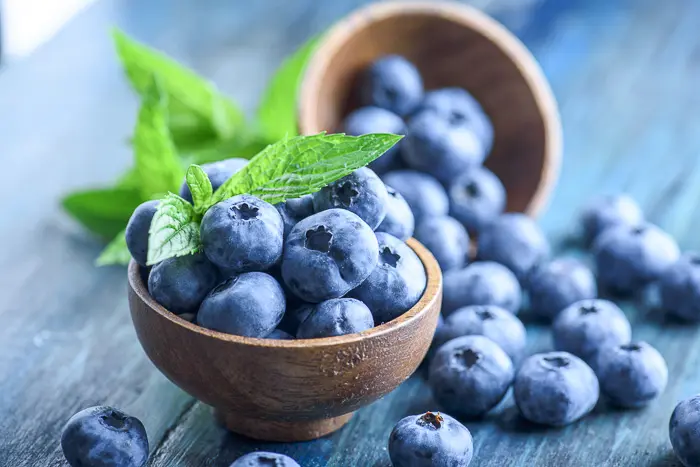
Rabbits CAN have blueberries, but they must be offered in such a way that does not harm them in any way. Please keep reading this article to find out how to do this!
Check out whether rabbits can eat tomatoes, asparagus, cabbage, bananas, watermelon, and mushrooms here!
What Are Rabbits?
Rabbits and bunnies are cute small mammals that hop around from place to place.
In the wild, rabbits are a prey animal, and must blend in to their surrounds and be swift enough to quickly escape a predator if spotted.
They are commonly seen as pets with their sweet eyes, floppy ears, furry faces, and cute whiskers.
Rabbits come in many colors, shapes, and sizes, most commonly seen in shades of white, brown, black, and patches or combinations of those colors.
They can be seen with a large ear for their body size and even have long-eared varieties with even larger drooping ears.
Rabbits have long incisors (front teeth) that are constantly growing and needing to be filed either naturally or by the help of some intervention, both discussed further into this article.
What Do Rabbits Need From a Healthy Diet?
A well-balanced rabbit diet will need to deliver a multitude of things to the bunny ingesting it.
Just like humans, rabbits need the right combination of nutrients, vitamins, minerals, and water to keep their organs working and functioning properly.
However, the daily nutritional requirements for a rabbit differ quite greatly from that of a human, and that is reflected in the common diet that most healthy and happy pet rabbits eat.
What Does a Typical Rabbit Diet Consist of?
An adult rabbit's main source of food in their diet should come mostly from high-quality hay.
Hay is a forage that is low in calories and high in fiber, easy on the rabbit's digestive system.
Other pieces of the rabbit's diet may include commercial pellets and/or treats and snacks such as fruits and vegetables.
Fresh fruits and vegetables should make up about 10-15% of your pet rabbit's daily diet.
However, not all fruits and vegetables are safe for your bunny to have.
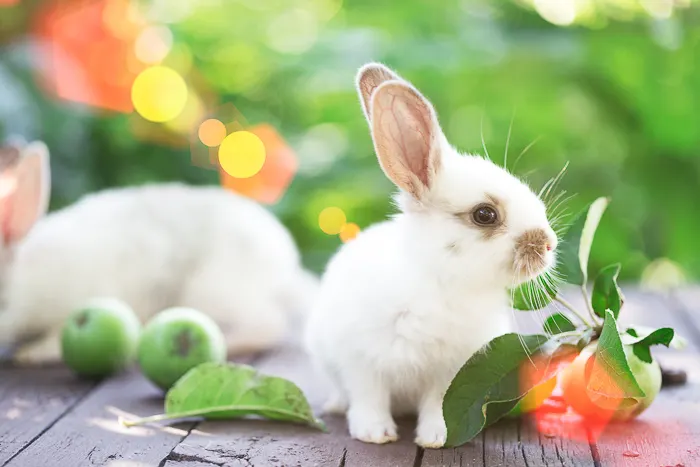
Let's Talk About Blueberries:
The blueberry plant is a flowering plant that is perennial, can survive and come back year after year.
It produces small round berries that are either a shade of blue or purple, hence their name.
The berry itself actually starts out very small and green and becomes larger and blue once ripe.
When ripe, they have a sweet taste and once punctured, a juicy fruit inside.
Blueberry Health Benefits:
Blueberries are low in calories, high in fiber, vitamin C, and vitamin K. According to a recent Healthline article,
Antioxidants protect your body from free radicals, which are unstable molecules that can damage your cells and contribute to aging and diseases, such as cancer. Blueberries are believed to have one of the highest antioxidant levels of all common fruits and vegetables.”
https://www.healthline.com/nutrition/10-proven-benefits-of-blueberries#section2
According to other studies, blueberries may also be good for lowering your blood pressure [source] and may also be good for your heart [source].
Another study even concluded that blueberries may be beneficial when it comes to diabetes and glucose metabolism [source].
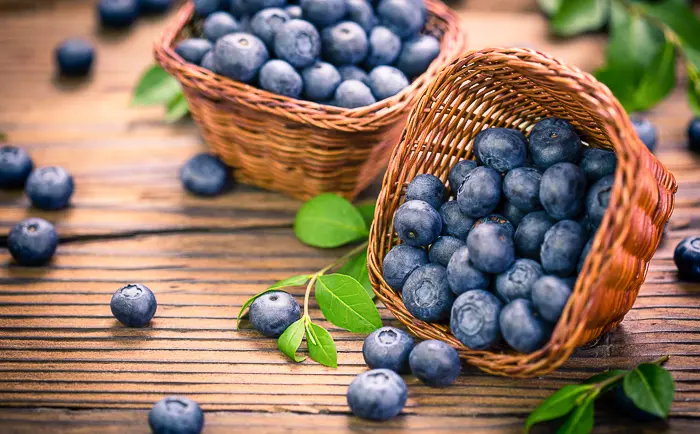
Are Blueberries Healthy For Rabbits to Eat?
A blueberry contains a low amount of calories and fat so it a better snack if your pet is overweight or has diabetes than other treats with higher caloric content.
Blueberries also have a high water content to help keep your little friend hydrated.
As mentioned in the nutritional content of blueberries section, blueberries have a high amount of vitamin B, C, E, K, etc. in it – vitamins that help with the protection of important body systems that keep the body running and functioning appropriately.
Blueberries have a fiber content that will help your rabbit keep their digestive system running smoothly and can also help with keep blood sugar level stable if you have a worrisome diabetic rabbit.
A blueberry is packed with a multitude of nutrients which are great for the health of your pet rabbit.
Do Rabbits Eat Blueberries?
Most rabbits will eat a blueberry when offered.
In a veggie garden, most rabbits will chose vegetables like peas, beans, beets, and carrots and really any sweet fruit offered to them, including blueberries.
But just because rabbits DO eat blueberries does not necessarily mean that this is the best or safest choice for your pet.
Don't be too worried if your rabbit does not eat blueberries that are offered- it can happen.
You will find another fruit or veggie alternative as a source of fresh food that your bunny can enjoy eating.
Can Rabbits Eat Blueberries Safely?
There are some foods that us humans can eat that are actually toxic to your rabbit and need to be avoided all together.
While there isn't anything toxic to rabbits in the actual blueberry itself, you shouldn't give them too much because problems may arise as I will discuss further down in this article.
Pet owners can chose to feed blueberries to their rabbits, but it should not make up their entire diet. Rabbits prefer munching on grass, commercial feed pellets, and hay, along with a bowl of clean, fresh water.
You see, rabbits are herbivores and need a diet which is high-in fiber and low in sugar and fat.
They get their fiber supplied in the form of plants, such as hay which is a roughage that contains a lot of fiber.
This fiber is beneficial for two reasons:
- Dietary fiber keeps the rabbit's digestive system running smoothly (it's the same reason why some people take a fiber supplement like Metamucil!).
- The physical roughage (hay) helps keep the rabbit's teeth healthy and worn down as their teeth are continually growing and need to be filed in order to prevent overgrowth.
So, long story short- Yes!
Adult rabbits can have blueberries, if offered to them safely, and I'll cover that in just a bit.
You do not want to feed the wrong blueberry or the wrong amount or frequency, potentially making your furry friend unintentionally sick.
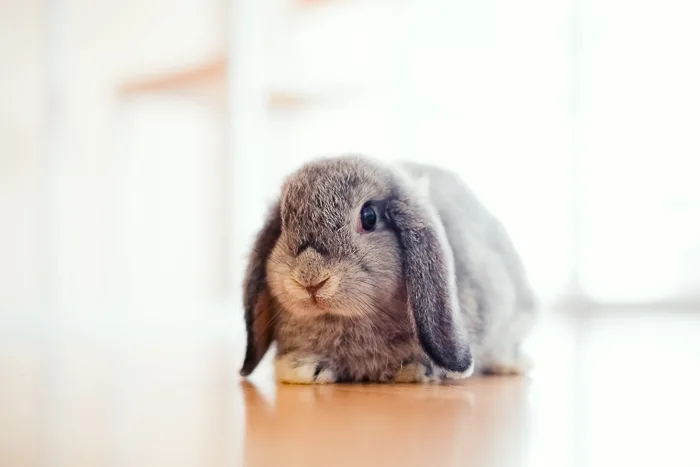
Can Baby Bunnies Eat Blueberries?
Compared to their adult counterparts, baby rabbits have much more sensitive gastrointestinal systems.
Avoid feeding baby bunnies any kinds of fruits and vegetables until they reach 12 weeks of age to allow their stomachs to mature with them.
Then, when ready to introduce them to juicy vegetables, take it very slowly, waiting at least 24 hours to observe any potential adverse side effects, before moving on and trying more of the same veggie snack or a different tasty treat.
Remember – baby and young, and juvenile rabbits have more sensitive digestive systems!
Wait 24 hours to see their reaction.
If everything is fine, you can move to the next treat.
Is The Rest Of The Blueberry Plant Safe To Eat?
Leaves: You can give your rabbit blueberry leaves.
Stem: Your rabbit will likely not eat blueberry stems, or perhaps just nibble on it [source], when offered other parts of the plant. Do not feed the stem to your pet.
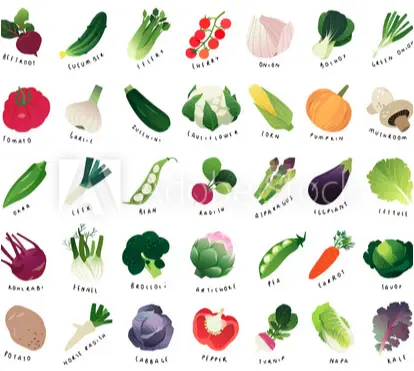
Can Rabbits Eat Cooked Blueberries?
Do not give your rabbit any cooked blueberries.
Any cooked or processed blueberry is not recommended since your rabbit is an herbivore and they rely on raw foods to get their nutrients.
Everything a rabbit needs can be provided in fresh and raw form. Your rabbit's stomach is just not made to handle cooked food, including blueberries.
One big advantage with offering raw vegetables is that it’s not only healthier for your rabbit, but it is much less effort on your part!
How About Blueberry Leaves?
There’s no reason your bunny can't enjoy chewing on blueberry leaves unless they just don't like blueberries at all.
They love having little things in their mouths to chew on and to keep them occupied and entertained throughout their busy days!
The stem texture is not too tough, so as long as the stem is short and thin, then it's okay for a small bit of stem to still be attached to the blueberry for them to nibble on.
But just like anything else that they can stick in their mouths, these can be a choking hazard so monitor your rabbit while snacking on this berry treat!
Can Rabbits Eat Blueberry Seeds?
Your rabbit should have no problem munching away on a fresh slice of blueberry with the seeds intact.
There is no reason why these small blueberry seeds need to be removed before serving blueberry pieces to your pet bunny.
Can They Eat Dried Blueberries?
Because dried fruits contain a higher amount of sugars, I can not advise you to feed your rabbit dried blueberries even if it is for a small snack.
It is unsafe to do!
Can Rabbits Eat Frozen Blueberries?
No, rabbits should not be given frozen blueberries. Frozen fruits such as blueberries are a choking hazard, something that your pet should not be offered.
How About Eating Blueberry Muffins?
Muffins, even those with blueberries in them, are unsafe to feed your pet. Muffins contain added sugars and other ingredients that are not safe and can be harmful to your rabbit.
Can Rabbits Have Blueberry Jam or Jelly?
Jellies and jams have added sugars, spices, and/or preservatives or additives in them.
Therefore, it is not advised to feed your pet any fruit jam or jelly, including the blueberry varieties.
What About Blueberry Juice?
You should not offer your bunny blueberry juice or soda. This is because blueberry juice has a high sugar content, which is not going to be good for your pet.
High sugar content can cause diarrhea, obesity, etc., creating more problems than good. No blueberry juice for your rabbit please!
Medical & Health Concerns of Feeding Blueberries to Rabbits:
Are there any circumstances when blueberries might be bad for your pet?
Yes, some of the common issues seen with feeding blueberries to rabbits include:
- Pesticides: Blueberries should always be washed to make sure they are free of any pesticides or chemicals that could be harmful to rabbits.
- Parasites: Blueberries should be checked over for parasites that can lead to potential parasite problems with your rabbit
- Overly Ripened: Avoid rotten fruits and vegetables that can cause diarrhea and gastrointestinal upset.
- Baby Bunnies: Baby bunnies have a more sensitive digestive system than their adult counterparts do, and therefore you shouldn’t give your rabbit friend any fruits or vegetables until they reach around 12 weeks of age.
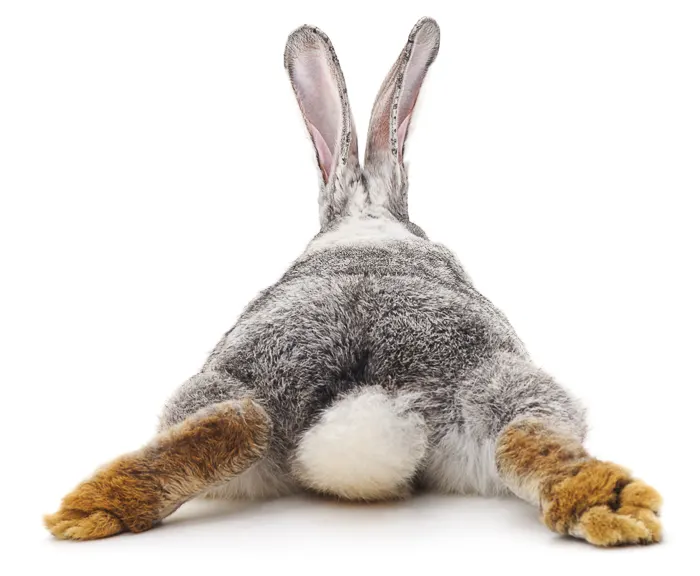
How To Feed Blueberries To Your Rabbit:
First off, you should always purchase high-quality blueberries for your bunny from a reputable food source.
All fruits and vegetables will need to have a visual inspection done to make sure that you are giving your pet a ripe, healthy food to eat.
When first introducing your rabbit to blueberries, you want to see how they do after giving them one small piece!
You may need to consider mixing the blueberries with vegetables, up together to help discourage picking through their food bowl and eating only the preferred items in their dish.
Food should be presented in a shallow clean dish that is not easily tipped over.
Fresh water should always be available in a shallow dish that can't be easily tipped over. This water dish should be washed and cleaned daily.
Any food left in your rabbit's enclosure that is not eaten up will start to get old and become unsafe for your bunny to eat, if they will even touch it at all.
This could lead to some major health issues, as well as a smelly enclosure and a bug problem – things you definitely do not want to deal with.
So, it is very important to clean out any foods that your rabbit leaves behind in a timely manner.
Serving Size of Blueberries To Feed Your Rabbit:
First step to focus in on is the serving size that you are giving your fur baby.
Depending on your rabbit’s size, the average blueberry portion should be up to 1-3 small blueberries or 1-2 larger blueberries.
When first introducing your rabbit to blueberries, offer one small blueberry and wait at least 24 hours to see if any adverse reactions occur before offering your pet more blueberries.
They should only be fed blueberries up to 1-2 times per week at most, but not on a daily basis or any two days in a row. Work up to this frequency and amount however!
Remember that blueberries should be limited to a special treat only because of potential digestive and other assorted health problems.
Moderation is key when it comes to blueberries!
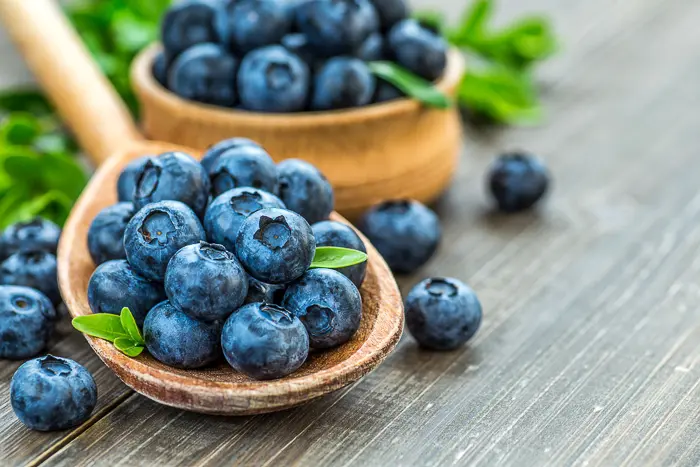
How Much Blueberry to Feed:
Fresh vegetables should be as a supplement to your pet rabbit's already well-balanced diet.
These fresh fruits and veggies should make up about 10-15% of your bunnies diet.
Depending on your rabbit’s size, the average blueberry portion should be 1-3 blueberries depending on the size of your bunny and the size of the blueberries..
Keep in mind that too much fruit can cause digestive upset.
Common Signs of Adverse Reaction:
- lethargy
- diarrhea/loose stool
- anorexia
- excessive or increased itching/scratching/licking of skin or paws
Summary:
Rabbits can have ripe, clean blueberries in moderation.
Too many blueberries can cause a multitude of health problems for your bunny.
Do not feed immature rabbits or rabbits with underlying health conditions blueberries even as a treat until they are of correct age to have it or their condition has improved and blueberry-eating has been approved by your veterinarian.
If you have concerns regarding feeding your rabbit blueberries, contact your local veterinarian beforehand.
Article Resources:
- Oglesbee B. The 5 Minute Veterinary Consults Ferret and Rabbit, Blackwell 2006
- Rabbit Care

The information provided in this article is not a substitute for professional veterinary help.
![[Vet Explains Pets]](https://vetexplainspets.com/wp-content/uploads/2024/09/cropped-vetlogo-199x66.png)

